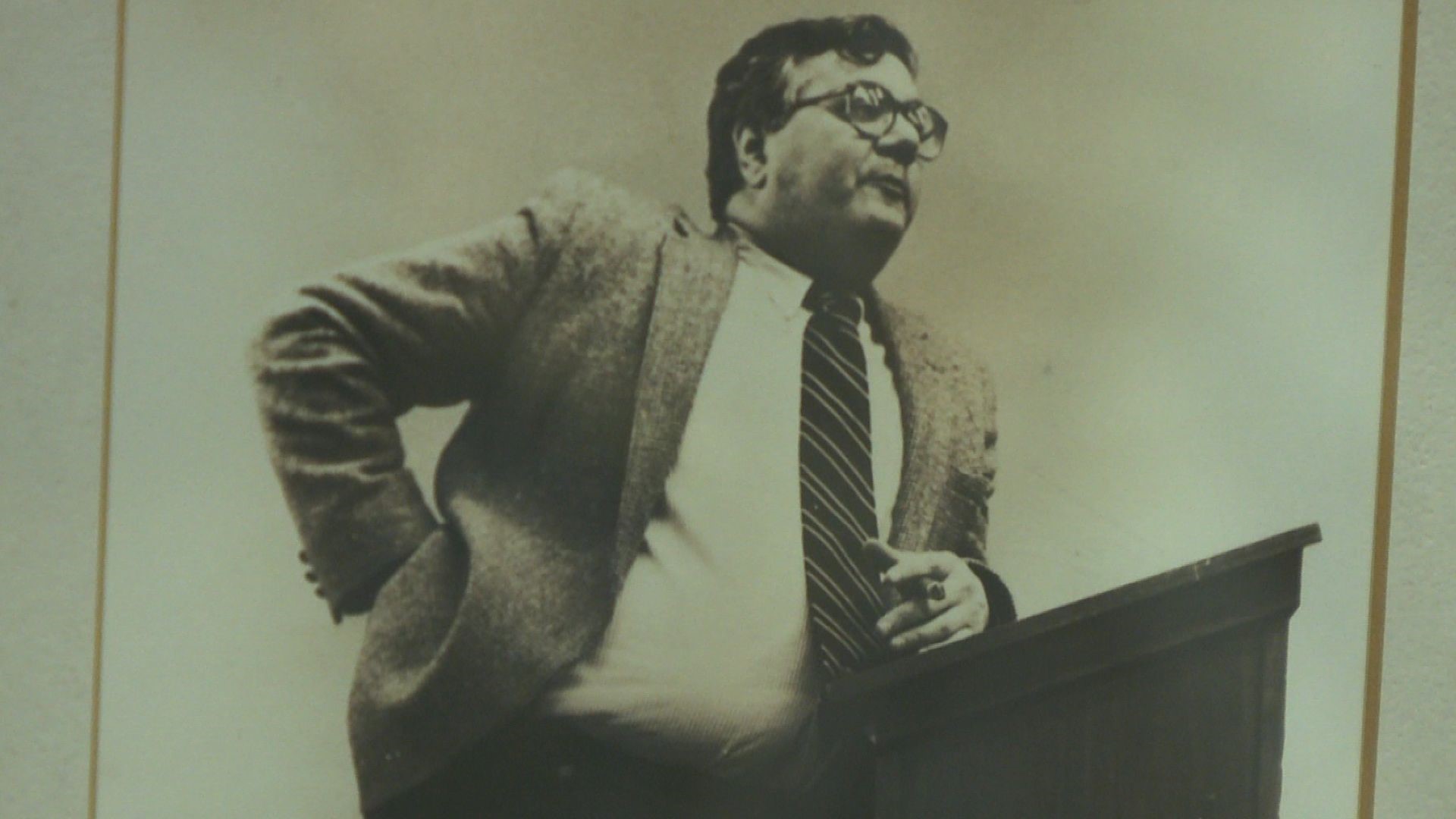

And I dislike the negativism of the media. I don’t like it anymore, I’m tired, and my nerves are frayed. I’ve been doing this since October of 1967, and I’ve seen too many people stay here beyond when they should. It seems like you’re leaving in large part because of this dysfunctional atmosphere. When we try to compromise, what you find is not people simply objecting to the specific terms of the compromise, but the activists object even to your trying to compromise, because they say, “Look, everybody I know agrees with us, so why are you giving in?”

If you’re on the right, you watch Fox News and the talk shows, and you hear only what you agree with. If you’re on the left, you listen to MSNBC, you go to the blogs, Huffington Post, et cetera, and you basically hear only what you agree with. Now, the activists live in parallel universes, which are both separate and echo chambers for each. They read opinion journalists, but they got their information generally from newspapers and from broadcasts. And finally, modern communications: Twenty years ago, people had a common set of facts that they read. That was reinforced by the right-wing takeover of the Republican Party. The main reason for the increase in partisanship is Newt Gingrich and the success of his decision to demonize the opposition as a way to win. Okay, think about it-what did you just ask me? Literally, that just destroys the hypothesis. Is there more polarization, in your judgment, in the House than there is in the Senate? People complain about the increased polarization and partisanship in Congress, and they attribute it, in part, to safe districts like yours. So it was at the start of your second term that you began to think of yourself as a long-term member?Īfter I won reelection in ’82, a guy I was friendly with, a Republican who’d been in the state legislature with me, said, “Well, this job is yours as long as you want it.” I said, “That’s right.” That’s what I would think about when I went to bed, but once the game started, you played the game.

On the other hand, I spent 1981 thinking for much of the time that this was only going to be a two-year deal.
BARNEY FRANK YOUNG HOW TO
So that puts a great priority on personal relationships-that’s how to be influential without being overly pushy. With the Internet and everything else, more of it’s on your own than not. But nobody I work with can fire me.Īnd, by the way, increasingly there’s much more autonomy from leadership. Every two years, the people in Massachusetts can fire me. The speaker’s more influential than a freshman member of the minority party, but nobody can order you to do anything. There is nobody in the House that can give anybody else an order. Legislators have a formal set of responsibilities to work together, but there’s no hierarchy. Either there’s a hierarchy-there’s somebody who can hire and fire you and give you orders-or there’s no formal ongoing relationship, but you use money- I will sell you this car if you give me money, I will perform this operation if you give me money. In every other thing you do where there’s a formal relationship, one of two principles applies. I mean, I can read Trollope about the nineteenth-century British Parliament and see similarities. And legislating is very much a common thing-it’s not so different from one body to another. I had been in the state legislature for eight years. The one substantive committee for us that had a vacancy was that one. He’d arranged to have a Massachusetts member on every important committee: There was a Massachusetts member on Appropriations, on Ways and Means, on Energy and Commerce. Tip put me on the committee that dealt with urban affairs and housing, then called the Banking committee. I came in under the patronage of the speaker. What about Congress itself back then? You came in at a slightly strange time for a newly elected Democrat, at the beginning of the Reagan years.īut I came in somewhat sheltered, because my district adjoined Tip O’Neill’s district. It would be totally dishonorable, being gay, not to do that. I was still closeted, but from the day I decided to run for office, I decided that I would, of course, still be closeted but that I would work very hard for gay rights. I also had in mind to try to do something about gay rights, as we then called it, because I’d been a leader on that in the legislature. They mapped a district that everybody assumed I would lose, including me. I came here knowing that Massachusetts was going to lose a seat and that I was very likely to be the targeted one. I was unsure that I was a long-timer here. What did you imagine you were going to accomplish? Think back a little bit to 1981, when you arrived here in Washington. Photo: Christopher Anderson/Magnum Photos/New York Magazine


 0 kommentar(er)
0 kommentar(er)
